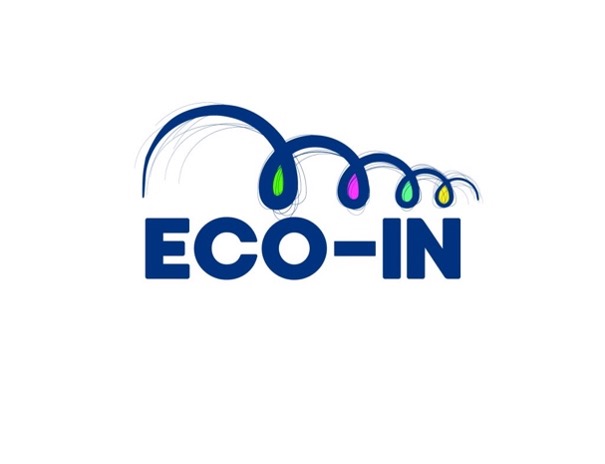ECO IN for inclusive schools
External practice
Duration
Ongoing.
Partnership
ECO IN proposes a new and innovative training model to generate inclusive schools and communities. Through an ecological approach and based on scientific evidence, ECO-IN promotes an active participation of teachers, school heads, policy-makers, parents and families.
Reason it was developed
ECO-IN project addresses this needs analysis in a very concrete, feasible and sustainable way, by providing the direct and indirect target groups with a series of benefits. First of all, as inclusive education has not yet reached its full potential, the ECO-IN Toolbox provide teachers, school-heads, policy makers, stakeholders and family with actual tools to implement to monitor, assess, revise and improve the inclusive processes carried out by the schools. By making these target groups fully aware of the potential offered by inclusive education in boosting social participation and improving people’s well-being and success at school and in life, ECO-IN aims at reducing inequality in education, equipping the main players with the right knowledge and expertise to cater for the different needs of the different children that make today’s classrooms.
Activities
The project is structured to maximize the cross- European transfer of expected results and outputs in different school systems and to identify successful actions for steering educational practices, actions and policies for a more effective educational and social inclusion. The purpose of ECO-IN project is the improvement of inclusive education policies and practices from primary to lower secondary school, through the active involvement of all the main educational stakeholders - such as, teachers, school heads, educational staff (in and out of the school), parents and public authorities - by providing them with specific training and supporting actions to concretely act as a teamwork combating segregation and radicalization thus enabling more qualitative and quantitative measures to implement, monitor and assess inclusiveness at school. Enhancing the capacities and competences of a wider educational community, to promote and support inclusive education and to reinforce its impact assessment on both key actors and disadvantaged pupils, is the main strategy that ECO-IN project adopts to ensure that the key players belonging to different social and educational systems (school, family, community, political bodies) are enabled for appropriate implementation, monitoring and assessment of the impact of their action in reducing social exclusion and marginalization of disadvantaged students and boosting social participation (education, personal and social benefit) while reinforcing, on different levels, competences for promoting social inclusion through education and training (social and systemic levels benefit).
Results
- Developing of ECO-IN training programme; - Developing an innovative, digitalized and multi-language system; - Carrying out an evidence-based research in 4 consortium countries; - Building new spaces for trust, involvement, sharing and communication; - Producing a white paper and a policy recommendation.
Funding
Erasmus+.